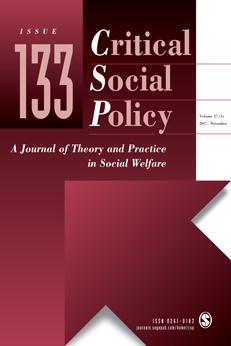
Published: Saturday 1 September, 2018
Researchers and policymakers working on prosperity, happiness and wellbeing in the UK have recently reworked GDP-centred notions of progress and identified community and belonging as major determinants of a good life. The dominant notion of community in most writing on this topic draws on Putnam’s work on social capital as measured by trust and/or civic engagement. This approach, however, captures only the social aspect of community, without addressing the symbolic dimension of political discourses and their national and local effects. Using data from Newham, London, this article argues that a narrow focus on social capital obfuscates the complexity of community dynamics, leading to misconceptions about the causes of social fragmentation. In the case of Newham, we show that while survey data on social capital suggests that diversity is detrimental to community life, a more nuanced analysis reveals that it is in fact an important part of community cohesion.


